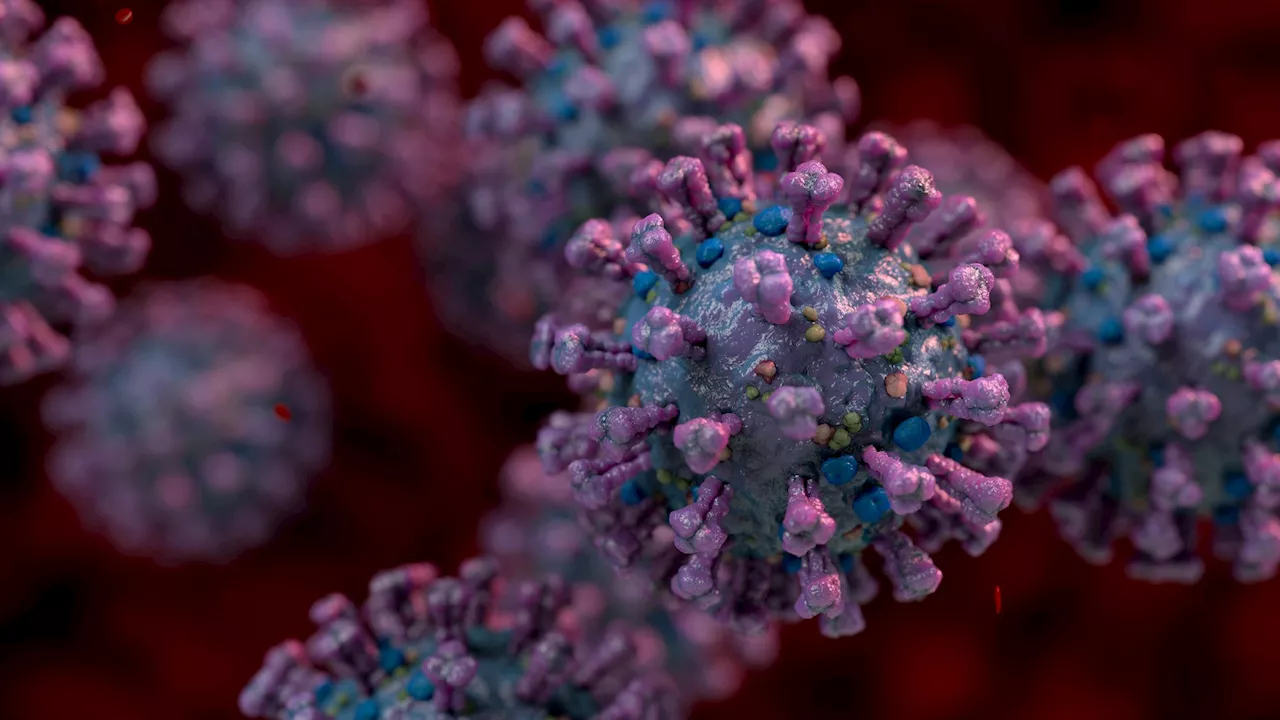Researchers at Georgia Tech and the University of Wisconsin have created a broad-spectrum vaccine capable of defending against various SARS-CoV-2 variants and related bat coronaviruses.
By Dr. Sanchari Sinha Dutta, Ph.D.Apr 17 2024 Scientists at the Georgia Institute of Technology and the University of Wisconsin, USA, have developed a broad-spectrum vaccine that can protect against severe acute respiratory syndrome coronavirus 2 variants as well as bat sarbecoviruses.Study: Broad protection against clade 1 sarbecoviruses after a single immunization with cocktail spike-protein-nanoparticle vaccine.
Besides the emergence of a wide range of SARS-CoV-2 variants, an extensive reservoir of ACE2-binding sarbecoviruses has been identified in bats, which highlights the need for developing pan-sarbecovirus and pan-betacoronavirus vaccines. They analyzed the antigenic landscape and selected one bivalent formulation and two trivalent formulations to characterize their neutralizing antibody responses and protective efficacy in hamsters challenged with SARS-CoV-2 omicron variants as well as bat coronaviruses .
Regarding bat coronaviruses, all three formulations showed equivalent neutralizing efficacies against SHC014 and WIV1. In contrast, the Pfizer-BioNTech bivalent vaccine failed to induce detectable neutralizing antibody titers against any of the tested coronaviruses.
SARS SARS-Cov-2 Vaccine ACE2 Angiotensin Angiotensin-Converting Enzyme 2 Antibody Cell Cell Membrane Coronavirus Covid-19 Efficacy Enzyme Glycoprotein Immunization Lungs Membrane Nanoparticle Omicron Pandemic Protein Receptor Respiratory Severe Acute Respiratory Severe Acute Respiratory Syndrome Spike Protein Syndrome Technology
United Kingdom Latest News, United Kingdom Headlines
Similar News:You can also read news stories similar to this one that we have collected from other news sources.
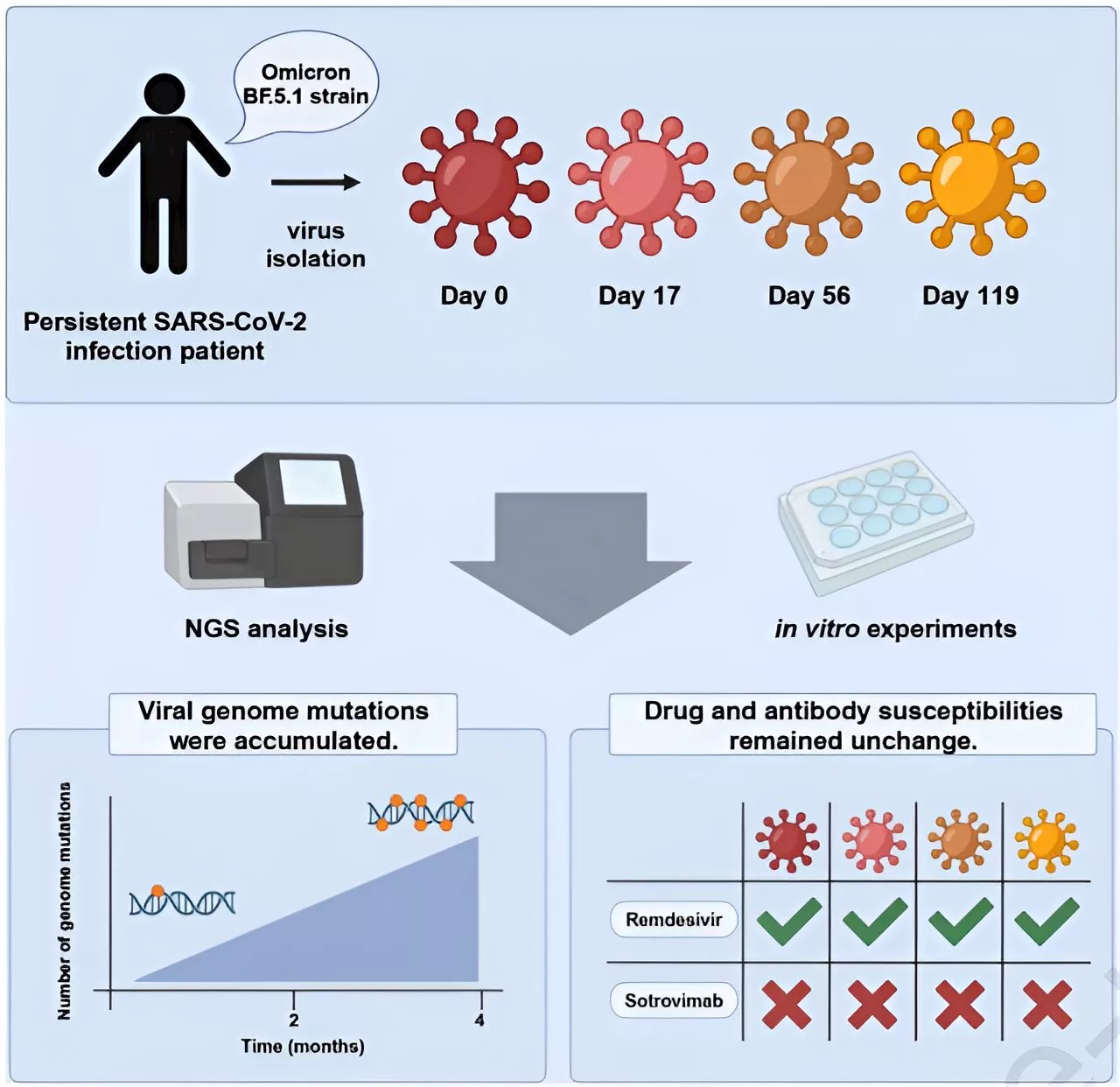 Researchers predict real-world SARS-CoV-2 evolution by monitoring mutations of viral isolatesJunior Associate Professor Kazuo Takayama (Department of Cell Growth and Differentiation) and a collaborative team of researchers in Japan recently characterized SARS-CoV-2 collected from a persistent COVID-19 patient to identify critical factors responsible for generating new mutant strains.
Researchers predict real-world SARS-CoV-2 evolution by monitoring mutations of viral isolatesJunior Associate Professor Kazuo Takayama (Department of Cell Growth and Differentiation) and a collaborative team of researchers in Japan recently characterized SARS-CoV-2 collected from a persistent COVID-19 patient to identify critical factors responsible for generating new mutant strains.
Read more »
 Severity of current SARS-CoV-2 variants is not linked to the number of mutationsNew research from UNC Charlotte's Center for Computational Intelligence to Predict Health and Environmental Risks (CIPHER) has found that the two most prevalent strains of the virus that cause COVID-19, SARS-CoV-2 variants BA.2.86 and JN.
Severity of current SARS-CoV-2 variants is not linked to the number of mutationsNew research from UNC Charlotte's Center for Computational Intelligence to Predict Health and Environmental Risks (CIPHER) has found that the two most prevalent strains of the virus that cause COVID-19, SARS-CoV-2 variants BA.2.86 and JN.
Read more »
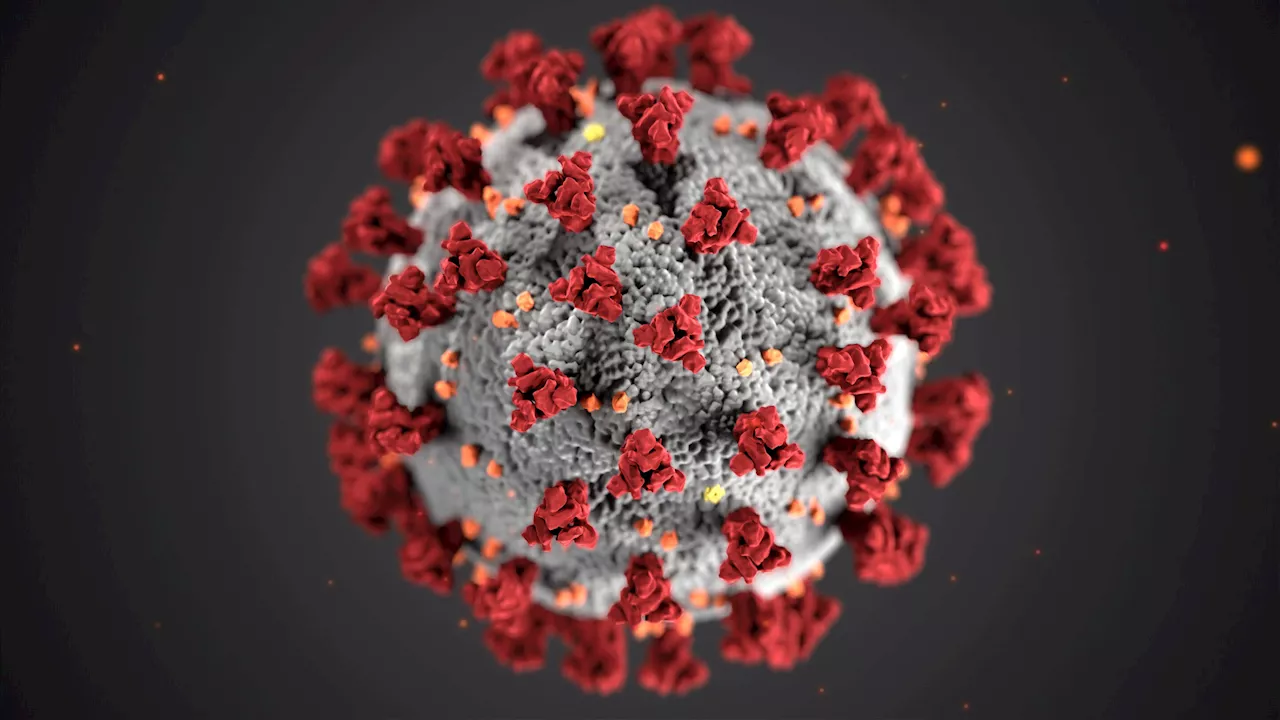 SARS-CoV-2 spike protein sensitizes nociceptors and evokes nociceptive behaviorsA study that investigated whether the spike protein of Severe Acute Respiratory Syndrome Coronavirus 2 (SARS-CoV-2) can sensitize nociceptors and promote pain-like behaviors in mice was presented at the 102nd General Session of the IADR, which was held in conjunction with the 53rd Annual Meeting of the American Association for Dental, Oral, and...
SARS-CoV-2 spike protein sensitizes nociceptors and evokes nociceptive behaviorsA study that investigated whether the spike protein of Severe Acute Respiratory Syndrome Coronavirus 2 (SARS-CoV-2) can sensitize nociceptors and promote pain-like behaviors in mice was presented at the 102nd General Session of the IADR, which was held in conjunction with the 53rd Annual Meeting of the American Association for Dental, Oral, and...
Read more »
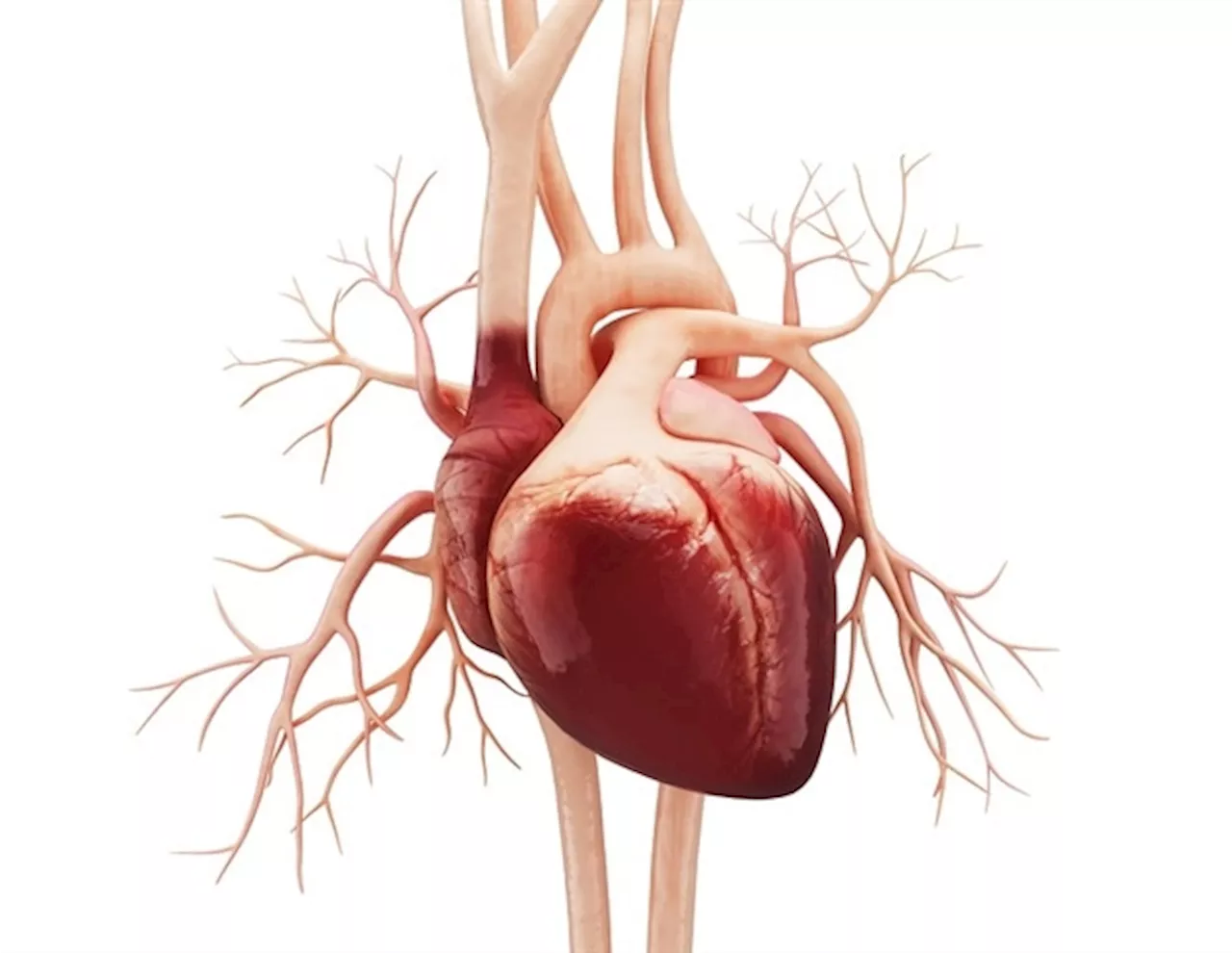 SARS-CoV-2-associated ARDS can damage the heart without direct infectionSARS-CoV-2, the virus that causes COVID-19, can damage the heart even without directly infecting the heart tissue, a National Institutes of Health-supported study has found.
SARS-CoV-2-associated ARDS can damage the heart without direct infectionSARS-CoV-2, the virus that causes COVID-19, can damage the heart even without directly infecting the heart tissue, a National Institutes of Health-supported study has found.
Read more »
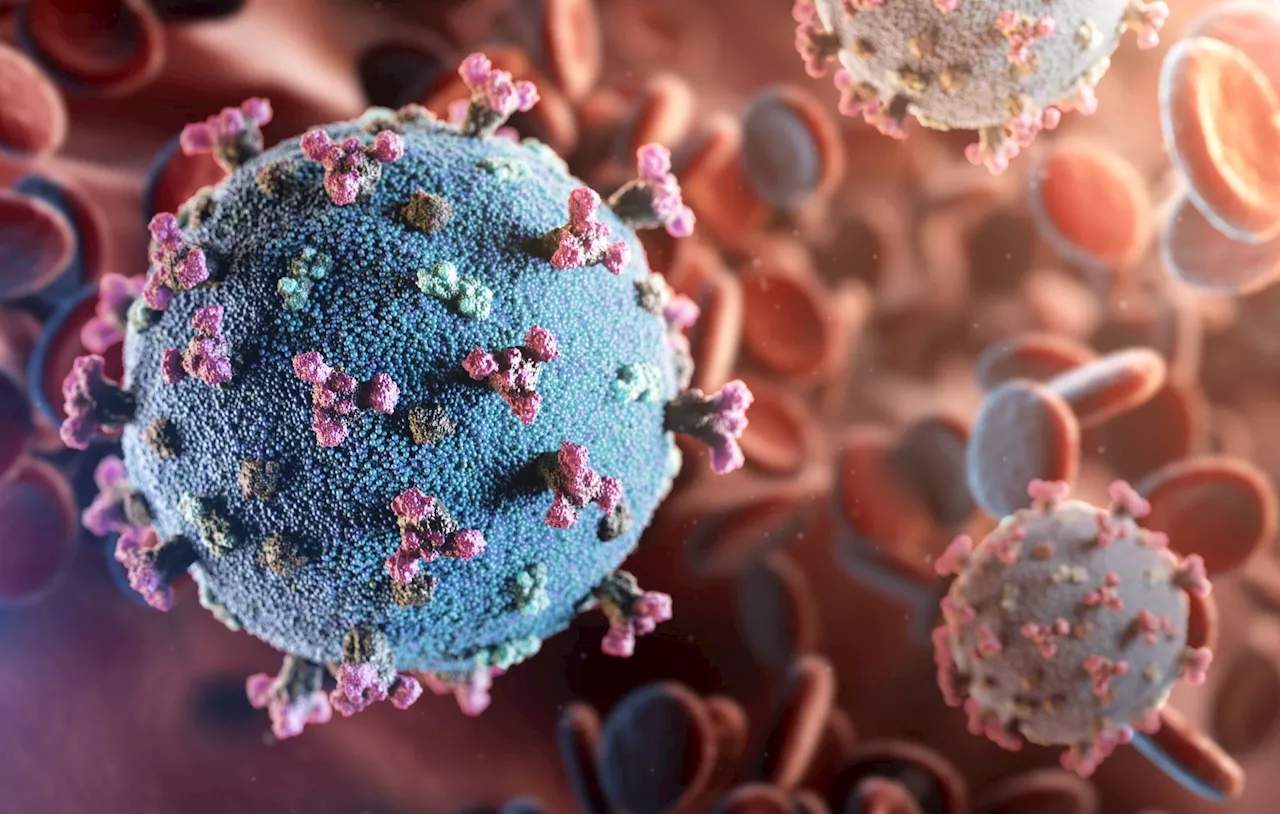 Molnupiravir influences SARS-CoV-2 evolution in immunocompromised patientsStudy found that the antiviral molnupiravir affects the evolution of SARS-CoV-2 in immunocompromised patients, suggesting its use modifies viral mutation patterns and may impact viral evolution.
Molnupiravir influences SARS-CoV-2 evolution in immunocompromised patientsStudy found that the antiviral molnupiravir affects the evolution of SARS-CoV-2 in immunocompromised patients, suggesting its use modifies viral mutation patterns and may impact viral evolution.
Read more »
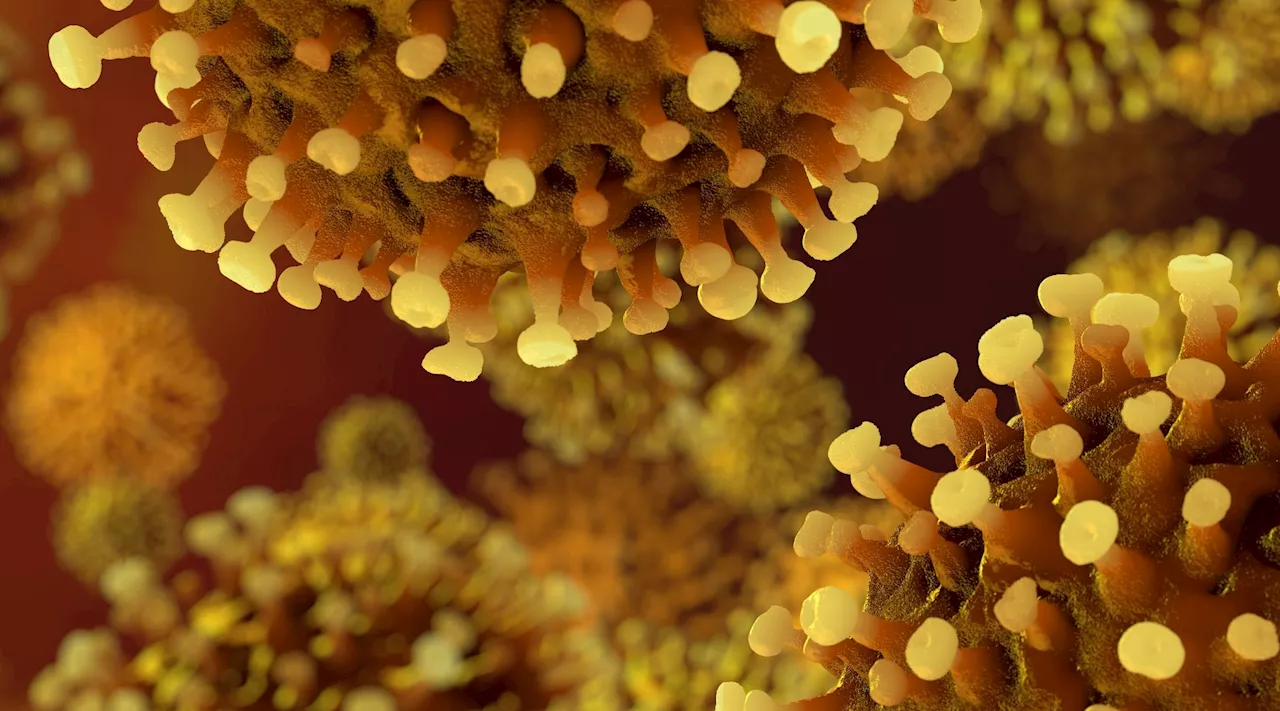 Novel SARS-CoV-2 mutations found in floodwaters near homeless communitiesStudy highlights the detection of SARS-CoV-2 RNA and novel spike gene mutations in flood control channels affected by homeless populations, demonstrating the value of environmental surveillance in understanding public health dynamics.
Novel SARS-CoV-2 mutations found in floodwaters near homeless communitiesStudy highlights the detection of SARS-CoV-2 RNA and novel spike gene mutations in flood control channels affected by homeless populations, demonstrating the value of environmental surveillance in understanding public health dynamics.
Read more »
